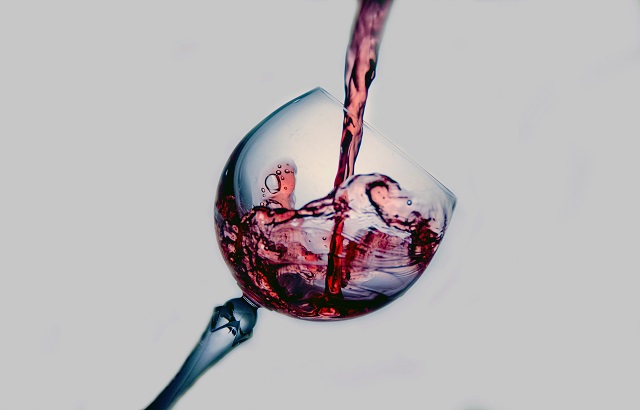Investing in fine wine has proven to be a strong choice for diversified portfolios, global investment manager Cult Wines has found.
According to the firm, fine wine was less volatile and offered better risk-adjusted returns in 2018, compared to the performance of most alternatives.
Its attractiveness also lies in the asset’s tangible nature and in not being correlated to the core financial markets, Cult Wines said.
Between 2015 and 2018, a portfolio holding fine wine as an alternative asset delivered a higher risk-adjusted return of 8.63% than portfolios that did not include it, the firm’s research showed.
When combined with hedge funds, returns were recorded at 8.2% compared with 5.05% for a traditional portfolio.
Ten-year performance
Where fine wine was the only alternative asset in a portfolio, it delivered even better returns over the last decade (2009-2018).
More specifically, in 2018 fine wine produced an even stronger performance of 9.2%, whereas commodities (-13.8%) and hedge funds (-4.8%) were both in the negative.
Cult Wines also found that, during the recession in 2008, the asset class still outperformed both the S&P 500 and commodities, with the firm saying that showed its ability to provide diversification, reduce risk and increase returns.
However, because of its attractiveness, fine wine started grabbing the attention of investment scammers.
In fact, in the UK five men have been sentenced to 17 years and nine months, collectively, in prison for defrauding £1m ($1.3m, €1.16m) from investors.
Diversification now a must
“Alternatives allocation has become more common in the wealth management industry, though it may have mixed results depending on the objectives,” said Olivier Staub, investment director at Cult Wines.
“Its low correlation to other asset classes (including other alternatives), and the excess returns generated indicate that exposure to fine wine provides resilience in tough market conditions, combined with the opportunity for capital appreciation.”
Similarly, Simon Black, head of investment management at Dolfin, said this particular alternative asset is part of the firm’s portfolio diversification strategy.
“Fine wine has a low correlation to equity markets, has historically shown strong capital appreciation, and secondary market liquidity has improved significantly in the last decade.”








